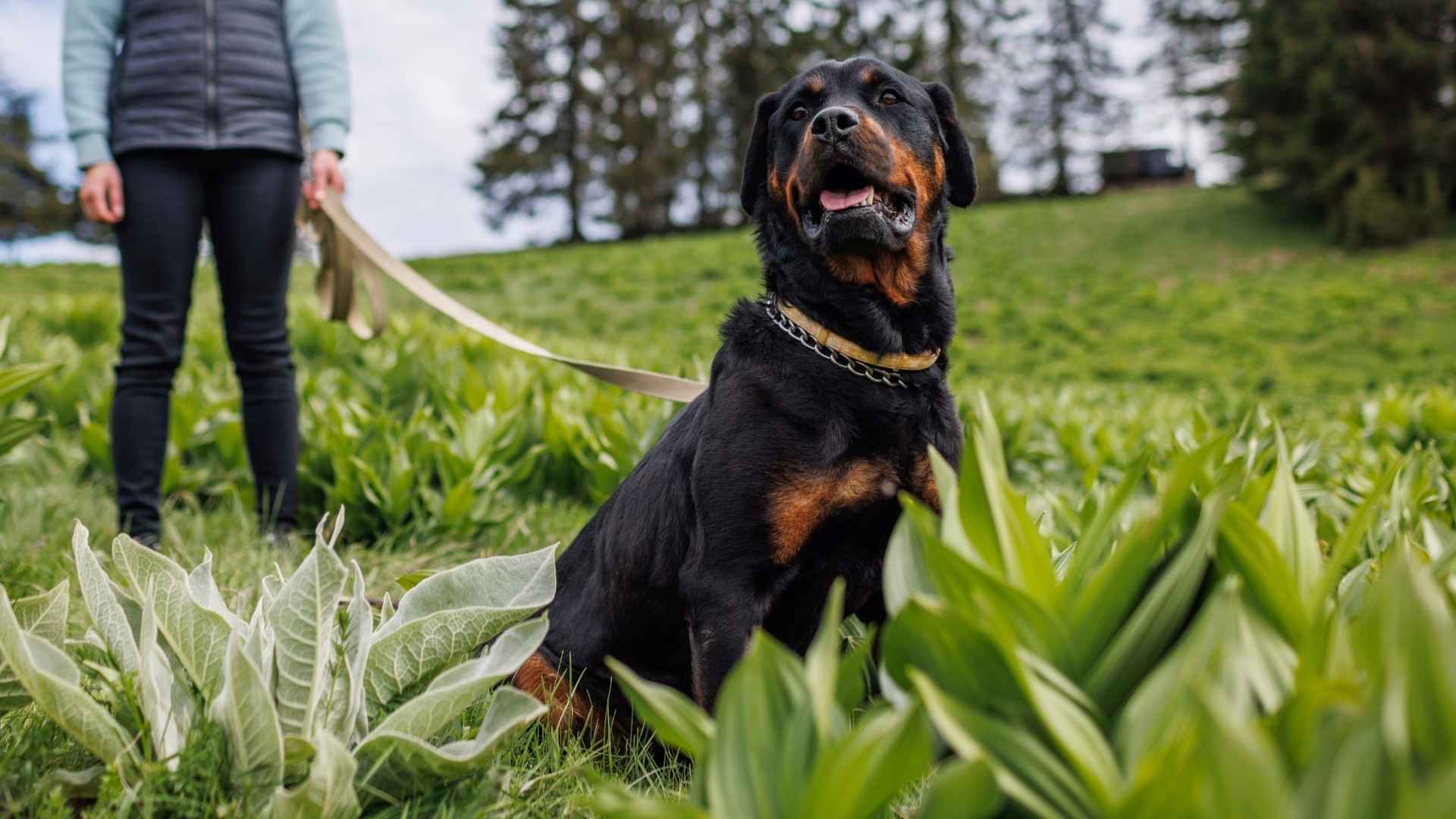Have you ever wondered what makes some dogs feel like built-in bodyguards, without sacrificing warmth and companionship? Natural guardian breeds possess an innate protective instinct combined with a gentle demeanor toward their families.
These dogs don’t just react; they assess. Whether it’s a child playing in the yard or an unfamiliar sound at the door, they monitor the situation before stepping in. Their watchful presence provides reassurance without unnecessary aggression.
Ideal guardian breeds balance strength, loyalty, and intelligence. According to family-focused pet experts, the right breed for your household should be calm and reliable, not bark on command or act on impulse. With thoughtful introduction and training, these dogs become more than guardians; they become trusted family members.
In the article ahead, we’ll spotlight seven breeds celebrated for their guardian qualities and loving personalities. You’ll learn what each brings to the table: strength, structure, and steadfast devotion, so you can find the perfect guardian for your lifestyle.
Natural Guardian Dog Breeds
1. Cane Corso
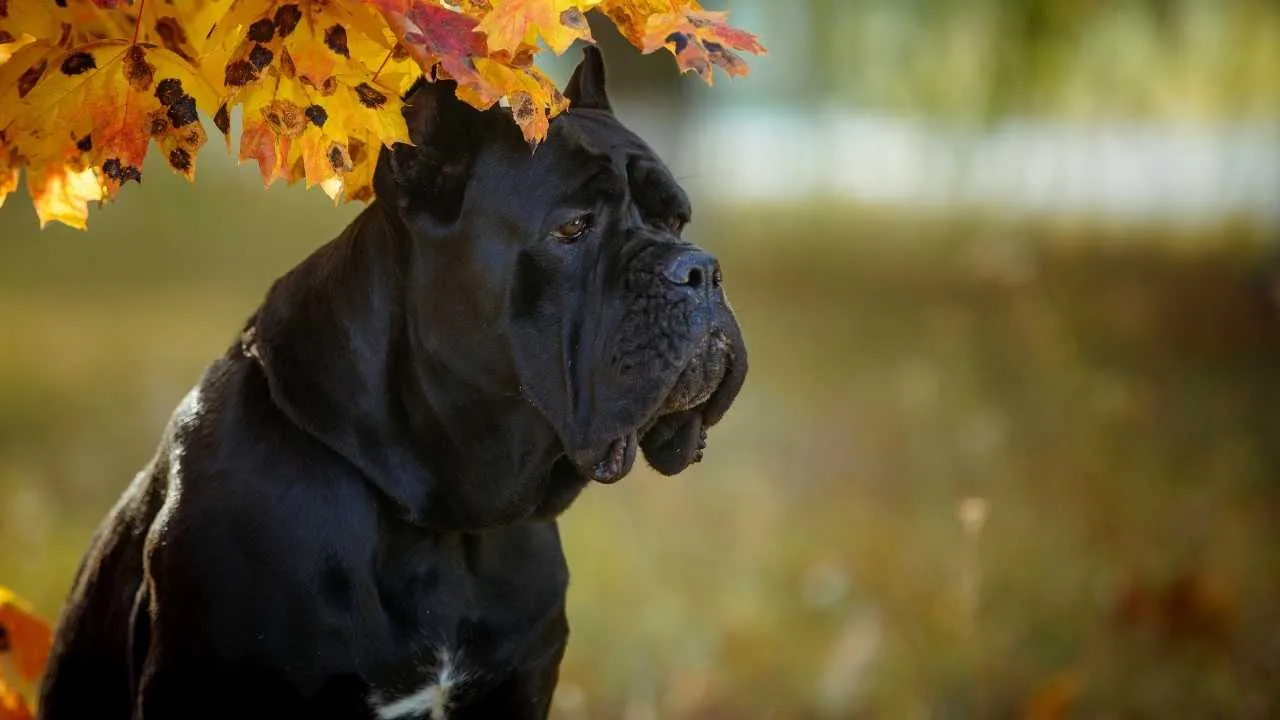
Key Points
Size: Large
Weight: 90–120 pounds
Temperament: Confident, loyal, protective
The Cane Corso is an Italian mastiff known for its natural guarding instincts and powerful build. Originally bred to protect property and livestock, this breed is attentive, self-assured, and highly responsive to its environment.
It is not a dog that barks without reason. The Cane Corso monitors its surroundings closely and intervenes only when it senses real concern.
While deeply devoted to family, this breed needs early and consistent training to manage its strength and assertiveness. They respond best to calm, confident leadership rather than harsh correction.
Exercise and structure are essential. These dogs thrive on physical and mental stimulation, especially when given tasks that mirror their working roots.
They are low-maintenance in grooming but high-requirement in responsibility. When properly guided, the Cane Corso becomes a reliable, composed guardian that blends strength with purpose.
2. Boxer
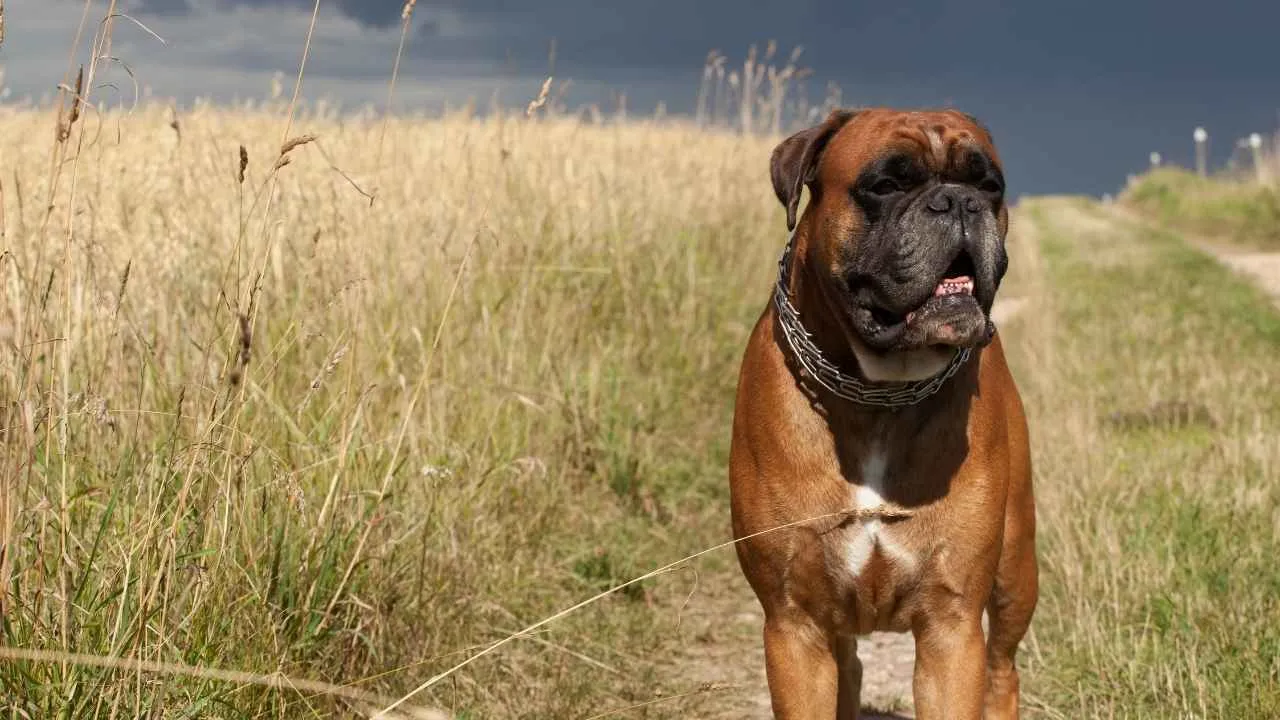
Key Points
Size: Medium to large
Weight: 50–80 pounds
Temperament: Energetic, loyal, observant
Boxers are a working breed with natural guarding ability and strong family attachment. They are quick to recognize unusual activity and often take a physical stance between their people and anything unfamiliar. Their awareness and presence make them effective visual deterrents.
Originally bred in Germany, Boxers have a background in protection and hunting. Despite their strength, they’re emotionally responsive and often mirror the mood of their environment. Animal Behavior College notes their particular sensitivity to human cues, especially in family settings.
They require regular exercise and thrive with clear structure. Without direction, Boxers may redirect energy into jumping, chewing, or overexcitement. Basic obedience and consistent expectations help focus their natural drive.
Socialization is especially important to balance their protectiveness. Boxers may become defensive around unfamiliar people or animals if not exposed to varied environments early.
This breed is best suited for active homes where physical and mental outlets are part of daily life. With guidance, they offer both companionship and dependable home protection.
3. German Shepherd
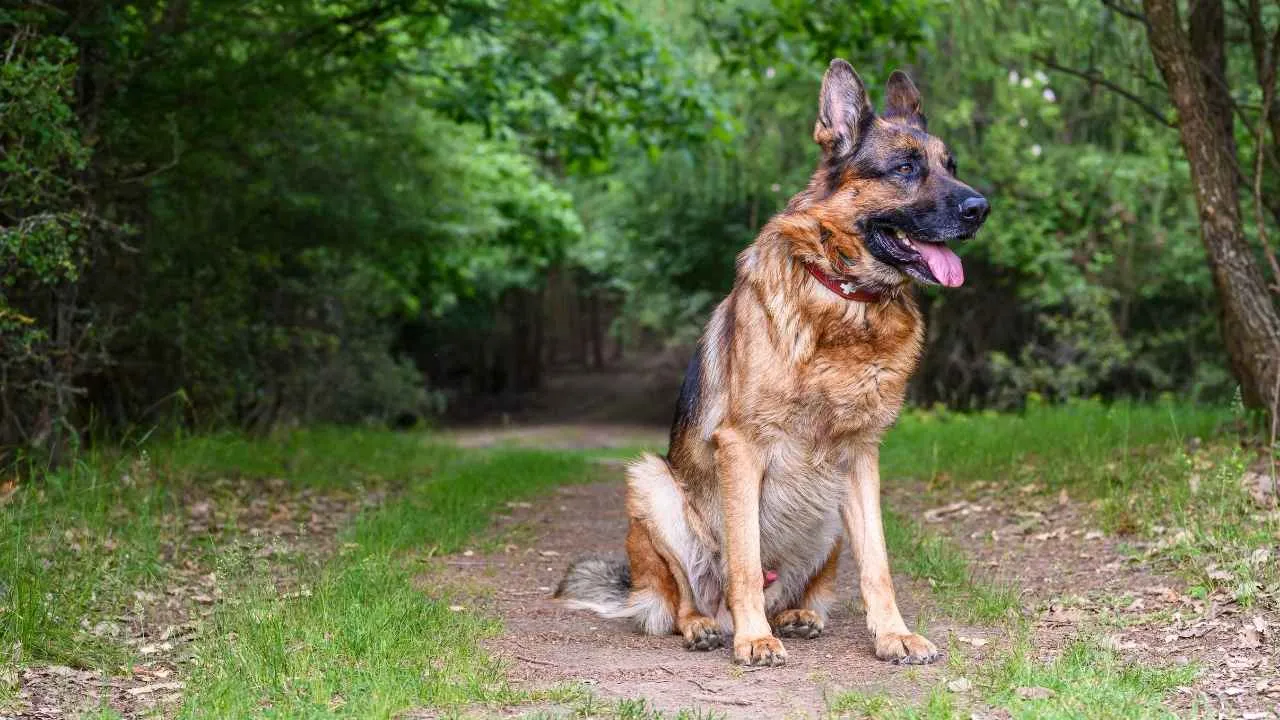
Key Points
Size: Large
Weight: 50–90 pounds
Temperament: Intelligent, alert, dependable
German Shepherds are often considered the gold standard for natural guardians. Their loyalty, intelligence, and work ethic make them one of the most respected protection breeds worldwide. Originally developed in Germany to herd sheep, they quickly adapted to roles in police, military, and home security.
They combine awareness with control. Their protective instincts are balanced by trainability and an eagerness to please. With proper socialization, they respond to real threats while remaining calm and steady in daily life.
This breed thrives in structured environments. Consistent training and mental challenges are essential, as boredom can lead to over-vigilance or restlessness.
Exercise needs are high, but it’s not just about physical activity—German Shepherds crave purpose. Obedience work, scent games, or agility training all help maintain their focus.
4. Rottweiler
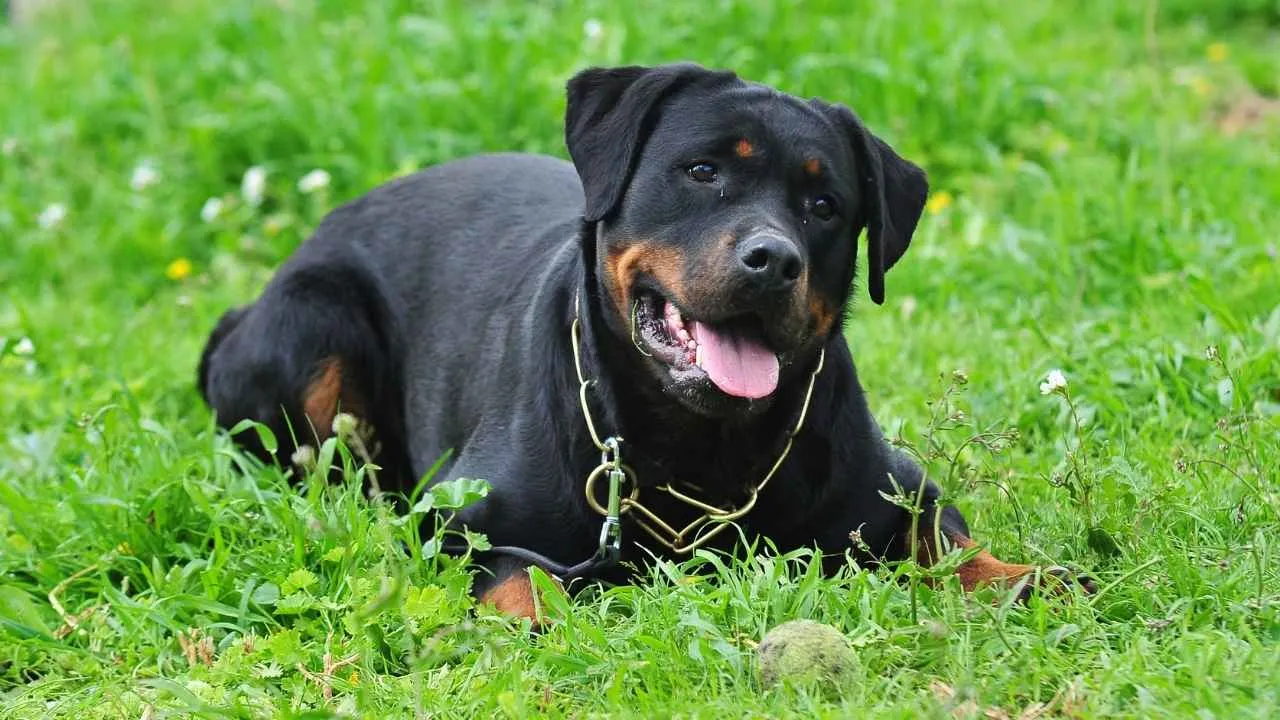
Key Points
Size: Large
Weight: 80–135 pounds
Temperament: Confident, loyal, protective
Rottweilers are known for their strength and steady temperament. With roots in Roman drover dogs, they were used to herd cattle and pull carts, which shaped their instinct for guarding and working alongside people.
Today, they are widely recognized for their calm vigilance and deep attachment to family. Their ability to assess situations carefully before acting makes them excellent natural protectors.
Early training and structure help guide their independent thinking. They respond well to handlers who combine firmness with respect and consistency.
Their energy levels are moderate, but they do best with daily physical and mental exercise. Activities that challenge their focus, like tracking or obedience drills, are especially beneficial.
Though protective, they’re not aggressive by default. A well-socialized Rottweiler is confident, composed, and deeply loyal to its home.
5. Doberman Pinscher
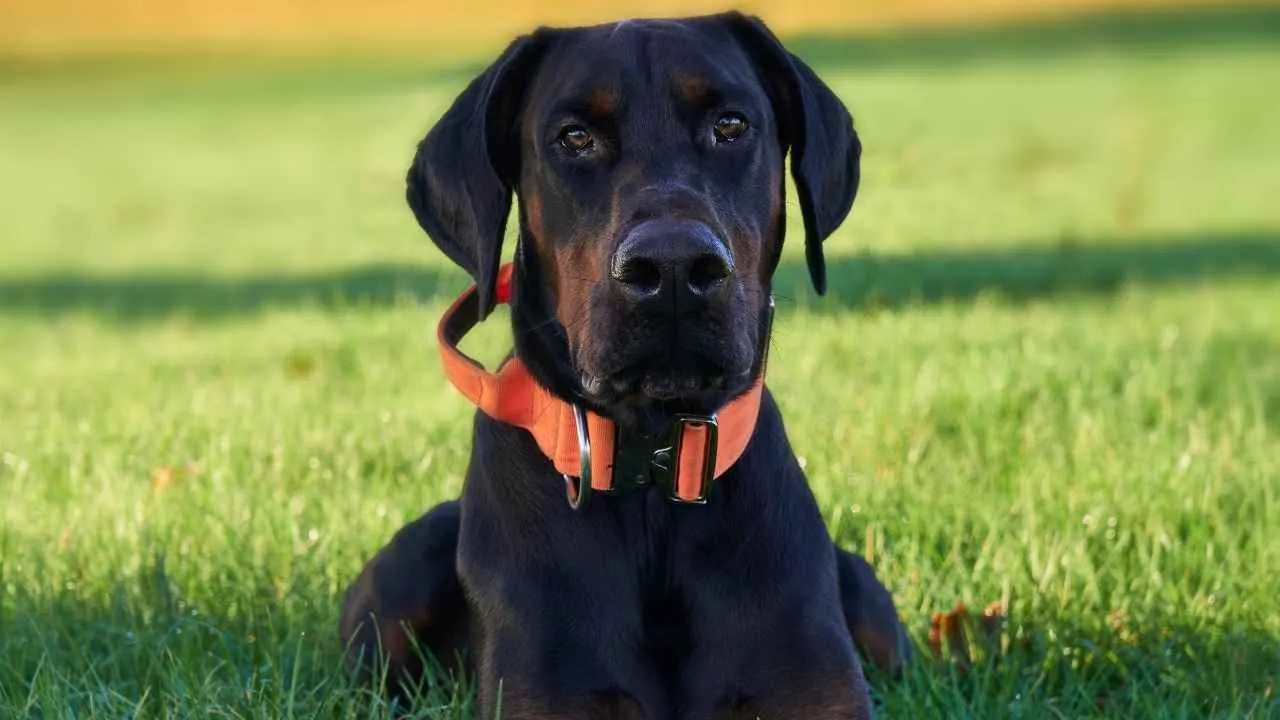
Key Points
Size: Medium to large
Weight: 60–100 pounds
Temperament: Alert, loyal, highly trainable
The Doberman Pinscher was originally developed for personal protection and remains one of the most disciplined guard dogs today. It combines athleticism with precise behavior, making it well-suited for households seeking a focused, intelligent protector.
They form tight bonds with family members and are often intuitive in reading situations. The breed has the ability to detect and respond to threats quickly without needing external prompts.
They require consistent mental stimulation and thrive in structured environments. Tasks that involve direction—like obedience, agility, or scent work—help reinforce balanced behavior.
Dobermans are naturally reserved with strangers and benefit from controlled social exposure early on. Without training, their strong drive can become overly reactive or defensive.
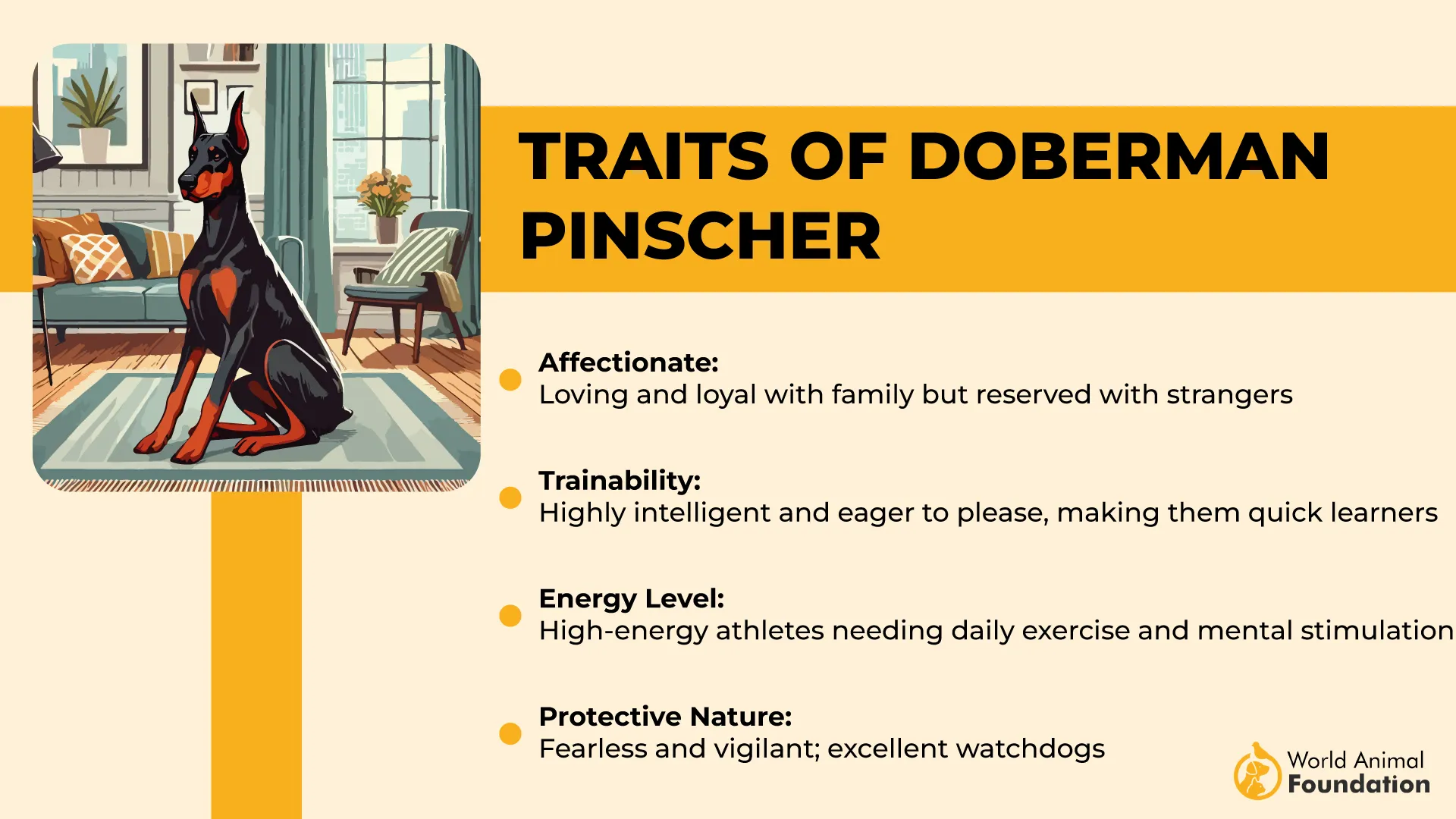
This breed is best matched with owners who prioritize discipline, routine, and positive reinforcement. With proper management, they are highly responsive, protective, and loyal.
6. Tibetan Mastiff
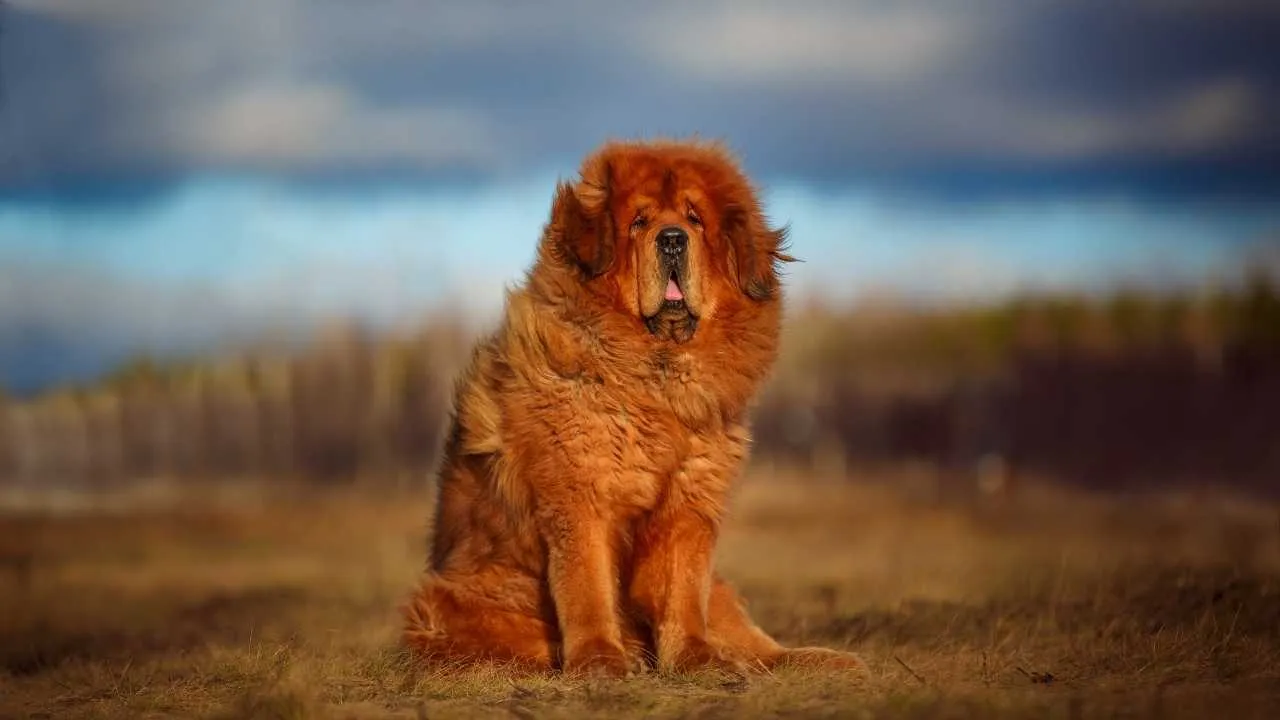
Key Points
Size: Giant
Weight: 70–150 pounds
Temperament: Independent, territorial, aloof with strangers
Tibetan Mastiffs are ancient guardians bred to protect livestock in harsh, cold mountain regions. Their instincts are highly developed, and they often act independently when determining whether something poses a threat.
These dogs are naturally suspicious of strangers and don’t rely on guidance to respond defensively. GreenCross Vets note their territorial behavior and need for strong boundaries.
They are not eager to please and require firm, experienced handling. Standard obedience training often needs to be adapted to suit their independent thinking.
Daily exercise is important, but they don’t require the high energy output of sport-driven breeds. Consistent routines and a quiet environment help manage their defensive behaviors.
They are not suitable for busy urban households or novice owners. With proper management, they offer controlled, instinctive protection and a strong presence.
7. Dogo Argentino
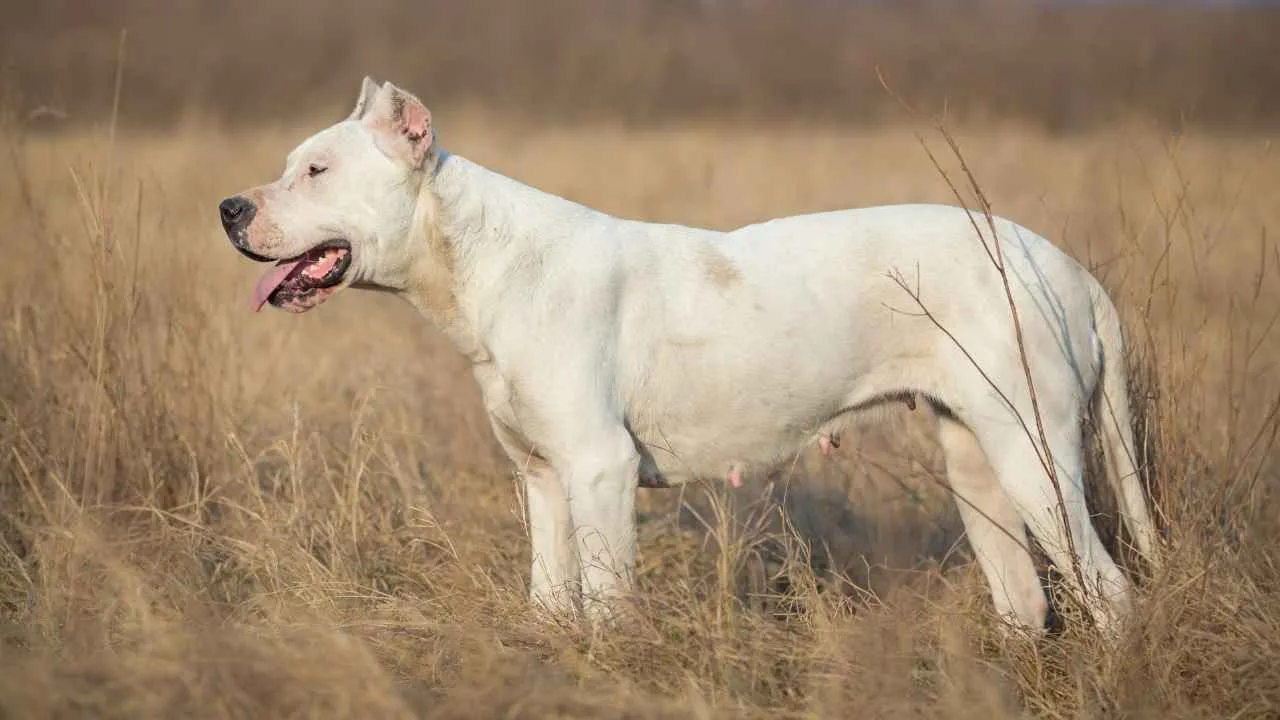
Key Points
Size: Large
Weight: 80–100 pounds
Temperament: Bold, loyal, athletic
The Dogo Argentino was developed in Argentina to hunt large game. Its muscular body, short white coat, and focused temperament reflect that heritage.
Despite their powerful appearance, they are known to be gentle and loving with their families. WebMD emphasizes that with early training and proper handling, Dogos are reliable guardians and deeply affectionate pets.
They are high-drive dogs that need mental and physical outlets daily. Without structure and stimulation, their energy can lead to undesirable behavior.
This breed does best with experienced owners who can provide confident leadership. Consistency in routine, training, and boundaries keeps them balanced and respectful.
With proper care, they’re protective without being unpredictable, making them one of the most capable natural guardians when matched with the right home.
Conclusion
Some breeds are born to protect. Their natural instinct to guard, observe, and form deep bonds makes them highly effective guard dogs when paired with the right training and structure. These are not simply large dogs with presence; they are naturally protective, extremely intelligent, and responsive to leadership.
Many of these breeds were originally developed to protect livestock, deter intruders, or assist in protection work. Their strong guarding instincts persist today, making them suitable for active families and experienced handlers who can provide proper guidance, early socialization, and regular exercise.
A well-trained guard dog can live peacefully with children, other pets, and other animals, especially when introduced at a young age. Their role doesn’t require aggression; it requires confidence, patience, and a calm demeanor.
Choosing the right guard dog means understanding their deep sense of duty and their ability to be both fiercely loyal and affectionate companions. With a clear structure, these breeds are more than guardians; they’re reliable protectors and loving dogs within the home.


